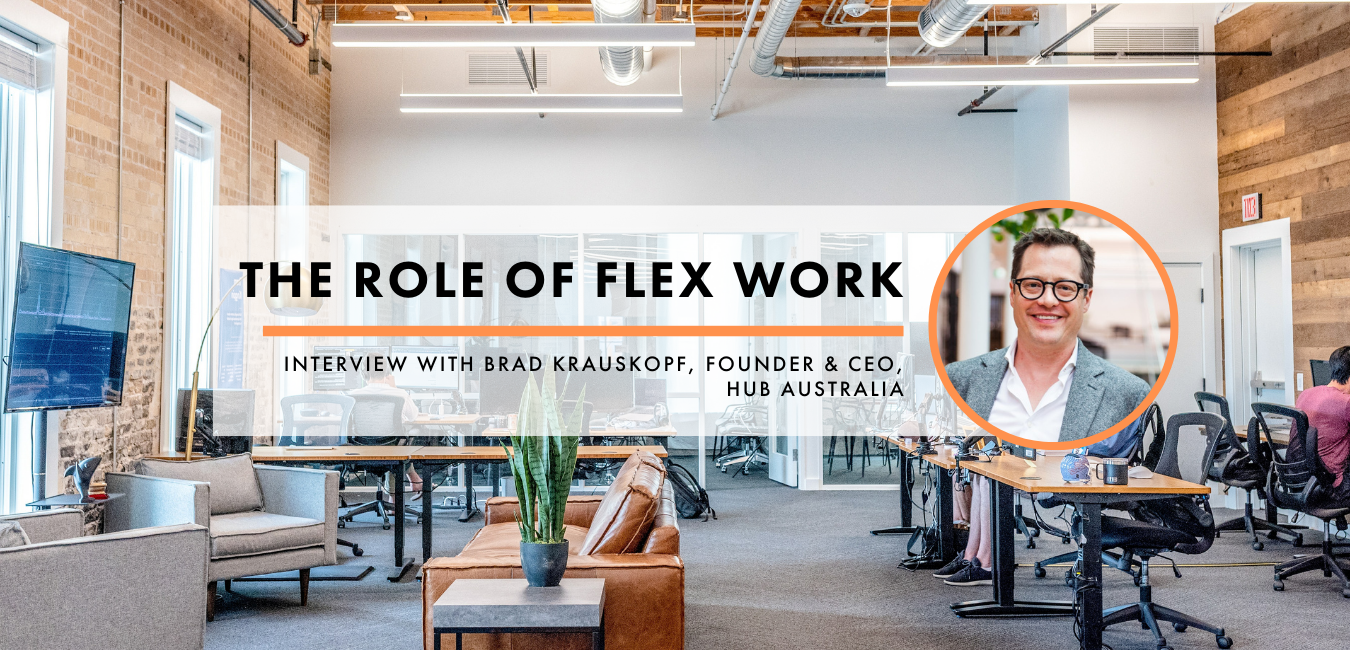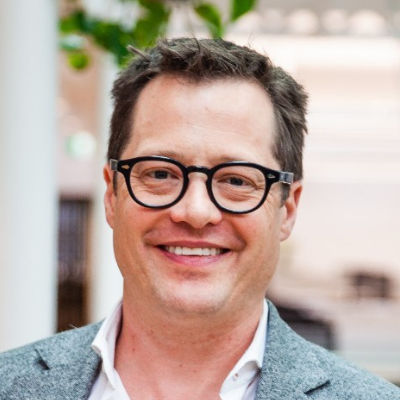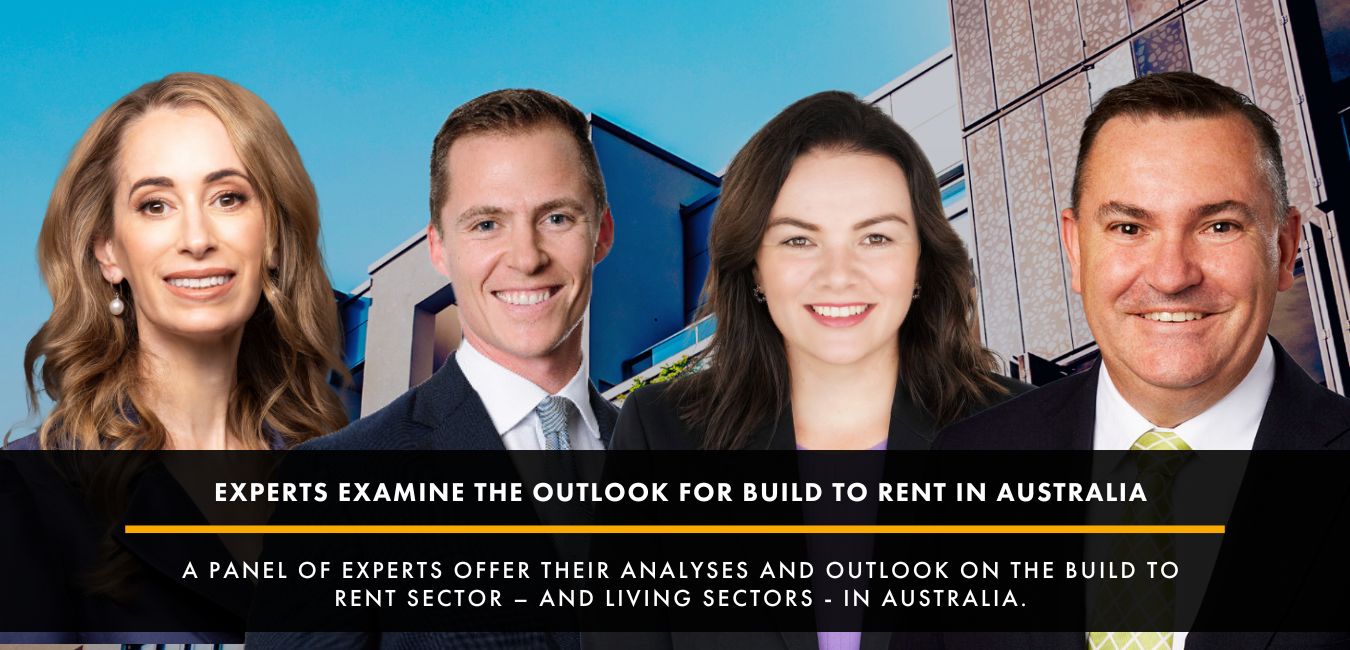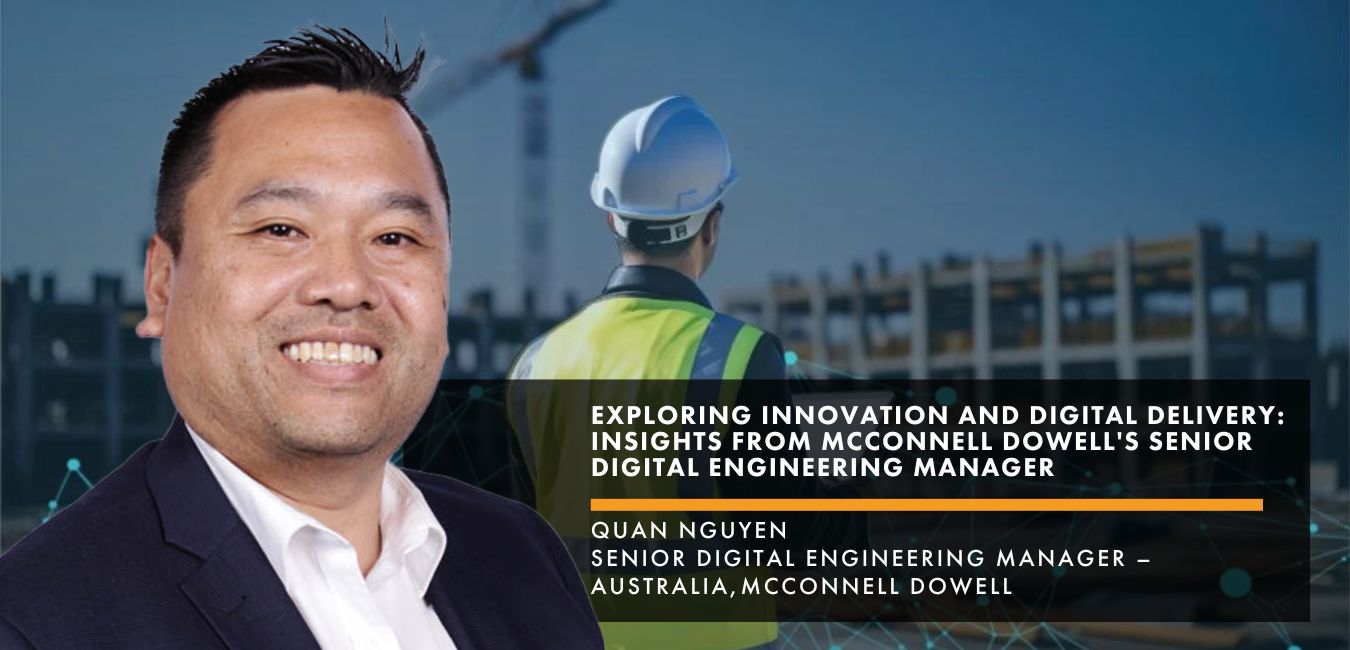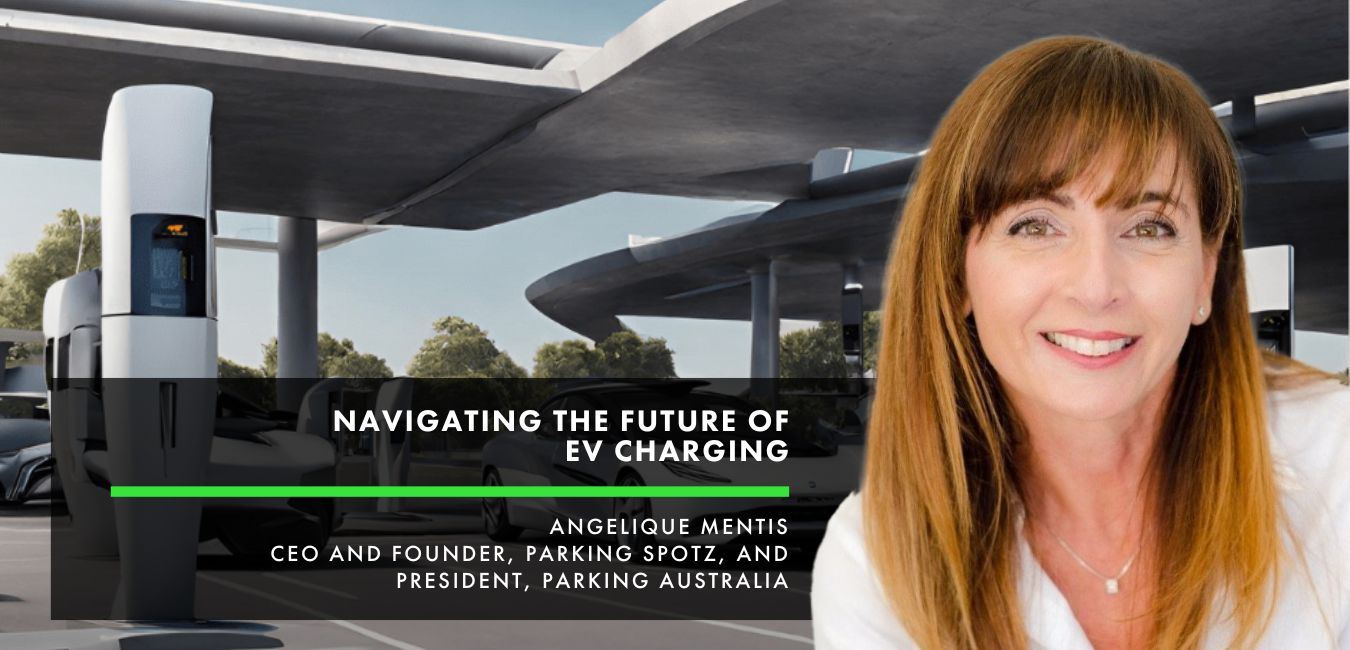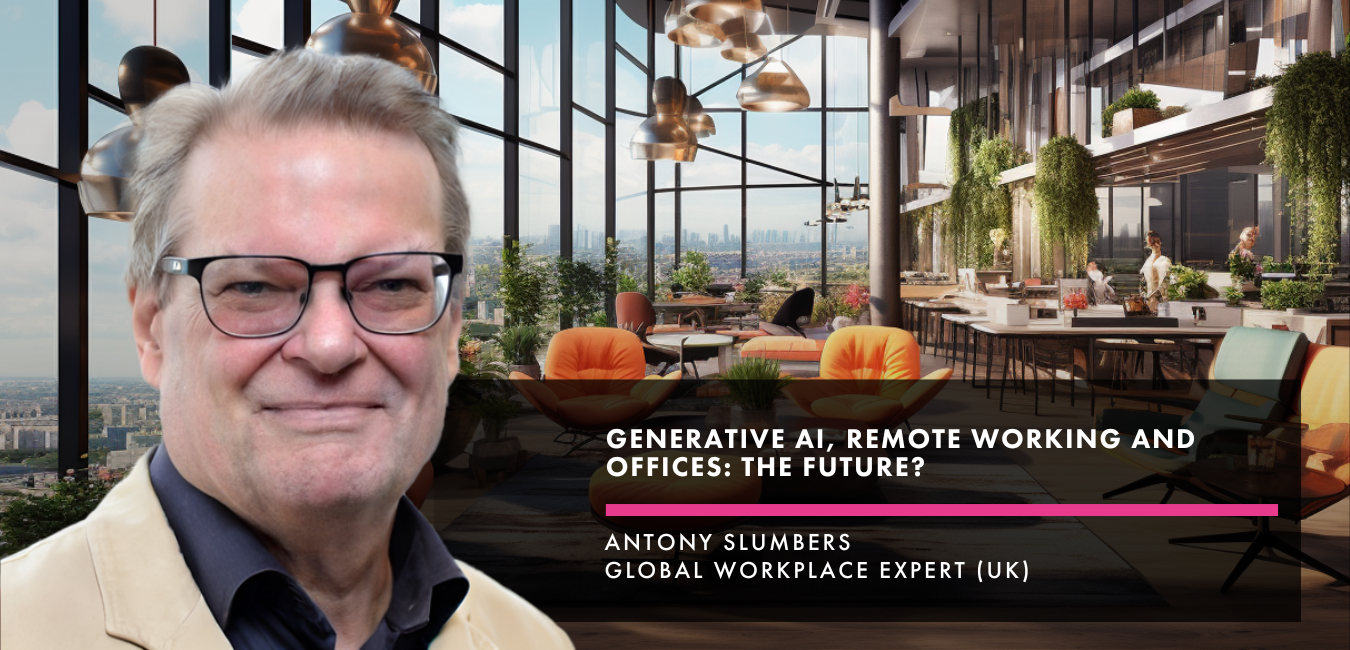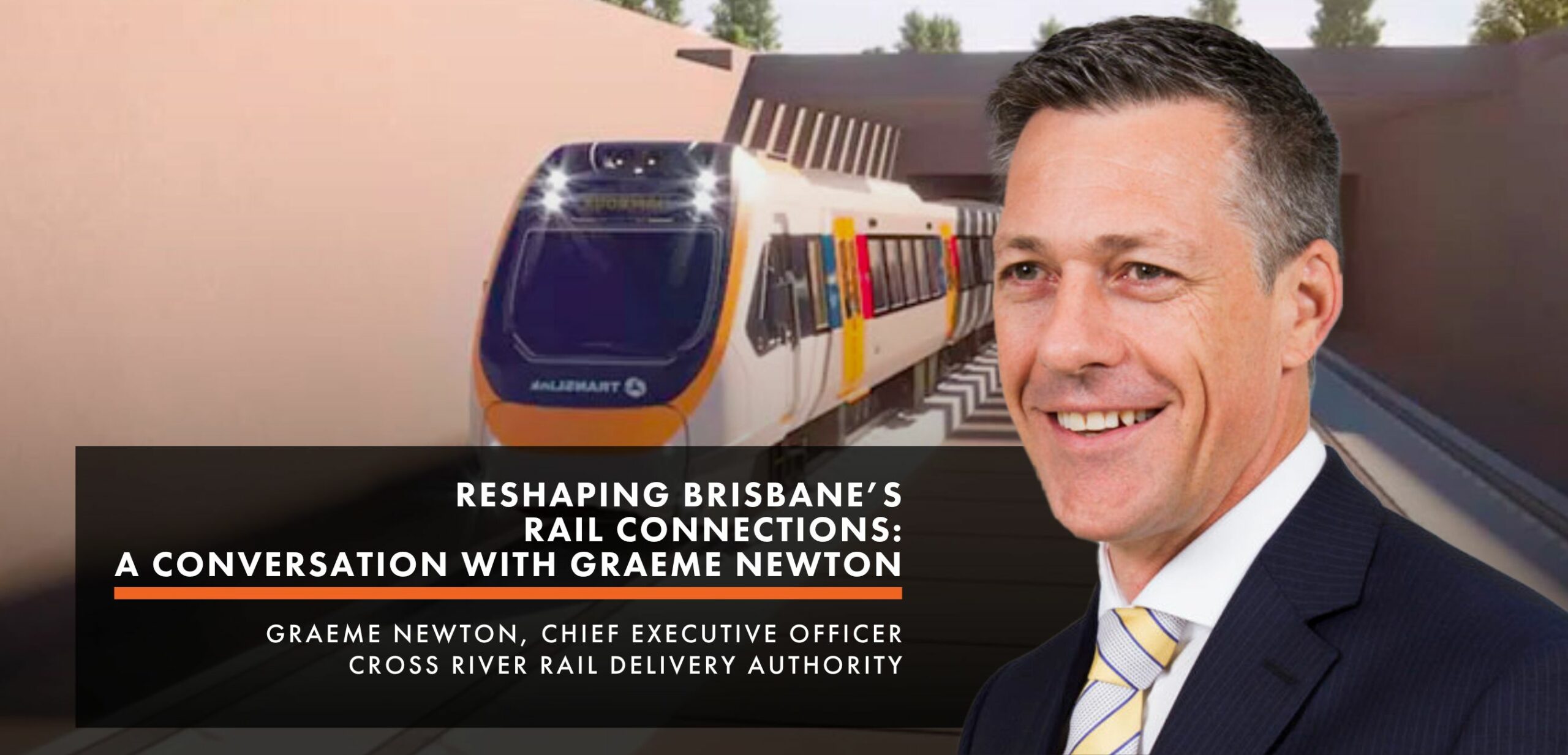The Role of Flex Work.
Brad Krauskopf is the CEO and Founder at Hub Australia, Co-Chair at Flexible Workspace Australia, and was gracious enough to give us the inside scoop on how flex work and coworking fit into the future of the workplace experience. Read our exclusive interview below.
FuturePlace: You’re currently the CEO and Founder of Hub Australia, Australia’s largest privately held coworking operator, as well as the Co-Chair of Flexible Workplace Australia, a company described as “the peak-industry body for flexible and coworking space in Australia.” What compels you to dedicate so much of your time to the idea of coworking?
Brad Krauskopf: I love coworking because we get to have an impact on about half of everybody’s waking hours. And so if we can be helping them have a great day at work, it actually has an outsized impact on them. Both on a personal level, and to help their company grow. I genuinely believe that if you give people a place where they love to work, then you’re going to have happier businesses and happier communities.
FP: How much does the built environment influence a workforce?
BK: It’s a huge amount! I think we constantly heard about the death of the office at the start of the pandemic, but people quickly realized that they wanted to be back at the office. The office has become an intrinsic part of who people are. As we look at what the role of what built environment fulfills, it’s not what it was pre-pandemic, but it’s absolutely still a part of how companies will actually connect with their teams.
FP: How has the COVID-19 pandemic shifted the ideas around flexible work?
BK: The pandemic actually made our business case for us. We used to always have this problem if you tried to casually explain to someone at a party what flexible working or coworking was, they kind of gradually slinked away to the other side of the room because, you know, they don’t know what you’re talking about. And now people know what coworking and flex workspace mean. More importantly, when you know that you don’t have to go to work and you choose to go to work, the experience has got to be greater. Better than the cost of the commute. And you’ve also got to make sure that it’s an experience that people choose to come to and want to keep coming back to. So that really goes towards when we think of coworking, it’s that activated experience. It’s a space focused on the people in it; hospitality, learning opportunities, and social opportunities.
FP: Why do you believe that coworking spaces draw employees to the physical environment more effectively than a traditional office?
BK: We’ve had a bit of an unfair advantage over the physical office in that our business model is flexible by definition. So, if somebody doesn’t like the workspace that we’re providing, they can just leave. They might be locked in for a month, three months, a year, or whatever it is. But no one’s forcing them to come to the workplace.
Truth be told, most office workspace experiences are rubbish. Coworking has the advantage because the whole business model focuses on creating a great workspace experience. That goes directly towards why people enjoy coming into a coworking space rather than a standard office.
FP: How does hospitality play a role in coworking solutions?
BK: I would say I believe Hub offers a hospitality-driven workspace experience. You know, we’re not selling beds, we’re not selling desks (although the unit we sell is a desk). Ultimately what we’re selling is an experience that people need to keep on coming back to every day. And we also know the fact that they’re choosing to come back in because they could just as easily use their own kitchen table.
I think of hospitality like hotels, specifically the hotel that just nails the guest experience; where somebody anticipated what you want, where you want to be. A hotel with amenities like podcast spaces and gyms and wellness spaces, you know, amenities like what Hub has offered for ten years. If you’re a guest, you think to yourself oh the coffee was amazing, the food was amazing, the whole experience was just lovely.
These things have always been embedded, and you combine amenities with a stellar customer service experience. Blending work and hospitality really brings into focus a compelling experience that really differentiates from the experience you’d normally get when you go to an office.
FP: All of Hub Australia’s workplaces are certified carbon neutral. How much does decarbonization inform Hub Australia’s business strategy?
BK: Impacts have always been part of our values, in fact, we run a program where 1% of our memberships actually go out to not-for-profits and we let our teams have a couple of volunteering days per year. This year there are 62 memberships.
It’s very easy to greenwash and that’s why we’re a big believer in having the certifications. So, you know, we get audited by B-Lab. We get audited by the Great Place to Work program. And we also get audited for all of our carbon emissions. It’s not just saying, oh, we’ll get to carbon neutrality by 2030 or by 2050, we’ve already achieved that and we can use those certifications to bid for work with the government. Plus our team knows that if they drive to work or if they walk, then all of that carbon has been offset. Our company is carbon neutral to the point when a customer buys an office, all the carbon that was used in creating that office is now offset. Part of what walking into Hub means is, you know, we care about the experience beyond just the physical, but also about its impact on the environment and on the community.
FP: Office vacancies across the globe continue to climb, is this trend affecting the coworking industry?
BK: I guess you kind of need to drill down into that statement like if you look at the premium end or certainly this is the experience in Australia, the premium end of the office vacancies is decreasing, whereas a lot of B-grade stock and even some A-grade stock is no longer getting the occupancy that it was pre-pandemic. I think what’s going to happen here is that there’s a great repositioning where the office that was in the market in 2019, is not the office that people are looking for now. So those offices need to get an upgrade, but you’re not going to be able to click your fingers to make it happen overnight.
Now that bodes well for coworking in the short term, but I believe also in the long term. To unpack that in the short term, coworking provides a flexible option for businesses to gradually get back into the office where they’re not tied to traditional long-term leases. And those coworking experiences are also already closer to what they want that office experience to be post-pandemic. But in the long term, landlords are looking at how they refurbish their buildings and then how to bring that hospitality element into them. We certainly see that landlords are actually going to be a huge provider of flexible workspace going forward. It’s our strong belief that they will do that through partnering with organizations like Hub.
FP: How can flexible workplaces be a service as much as they are a place?
BK: When we think of coworking, it boils down to providing a service that gives somebody an experience where they love where they work. And, you know, if I’m not focused on how I deliver the service component right, then I’m just delivering a desk and a chair and an internet connection. It means that we’ve unshackled the workplace from the office. And when we do that, that’s where the role of coworking is delivering on the service level.
2nd Annual REwork Summit
Brad will be speaking at the REwork Summit, taking place on 7-8 September 2022.
Back for its 2nd year, the REwork Summit will bring HR, workplace and employee experience, real estate, facilities management and technology decision makers all together under one roof, to connect, learn, and find the partners they need to build the future ready omni-channel workplace.
Join us and help shape the new world of work!

